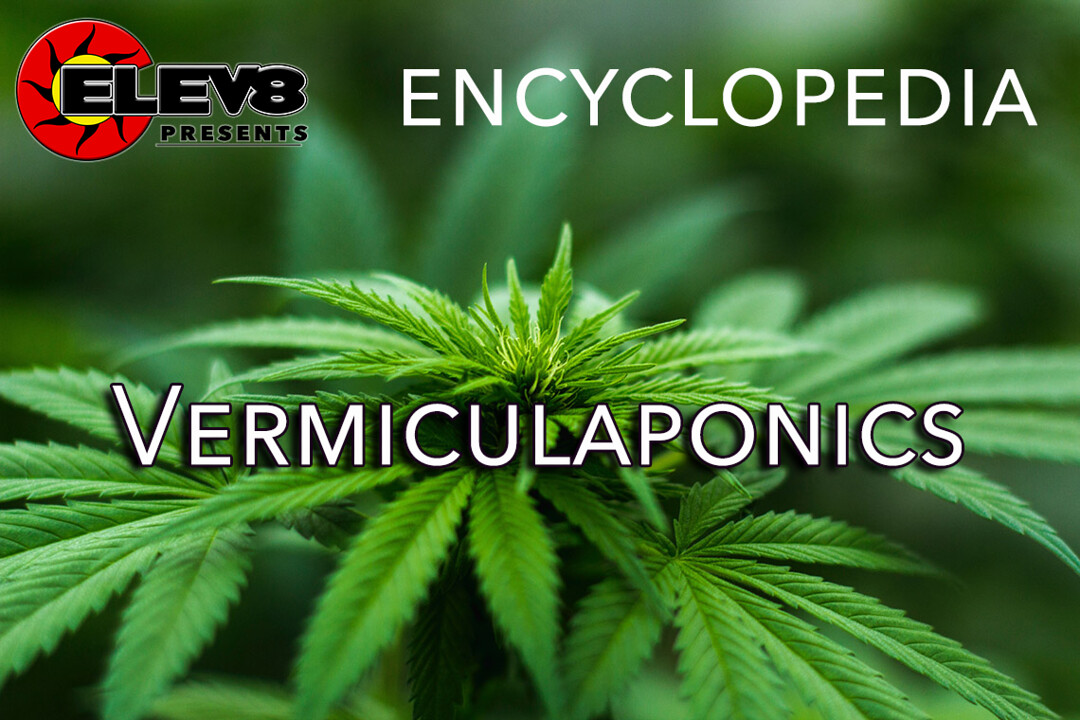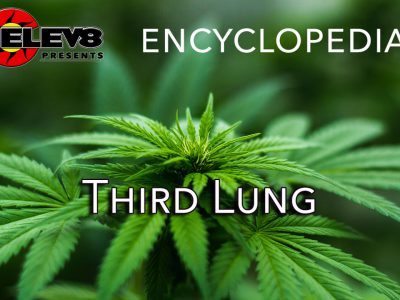What does Vermiculaponics mean?
Vermiculaponics is a version of hydroponics, which is the process of growing plants without any soil.
Using vermiculaponics, plants grow and develop in a root substrate that is made up of vermiculite, a phyllosilicate mineral.
Vermiculite is formed through weathering and is most commonly mined in Brazil, China, South Africa, and Russia. This mineral was first discovered in the 1800s and is often mixed with peat when used as a soilless growing media.
More Info On Vermiculaponics
In vermiculaponics, vermiculite is mixed with certain bonding agents such as potassium and sodium silicate to produce a damp, earth-like mixture that can be used for various purposes. This mineral is also commonly used as a soil conditioner, especially in regions where the potting soil is on the sticky and heavy side.
Vermiculite can be mixed with vegetable and flower plots to create air pockets, which help maintain healthy plant growth and development. In some cases, it is also used in sand culture to help the sand hold onto air, nutrients, and water.
According to botanists, vermiculaponics is an excellent method of encouraging seed germination while eliminating the need for constant watering. When working with vermiculite, it is recommended to feed the seedlings with a fertilizer solution as soon as the first leaves start to sprout.
In addition to vermiculaponics, the field of hydroponics has several other specialized methods, including gravel culture, sand culture, aeroponics, and aquaponics. Many hydroponic growers simply refer to their hobby as hydroponics, rather than specifying any further what systems and mediums they are using. Therefore, terms like vermiculaponics are not in common use.







